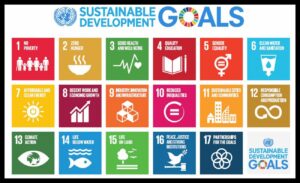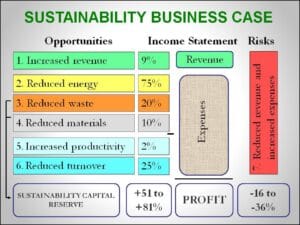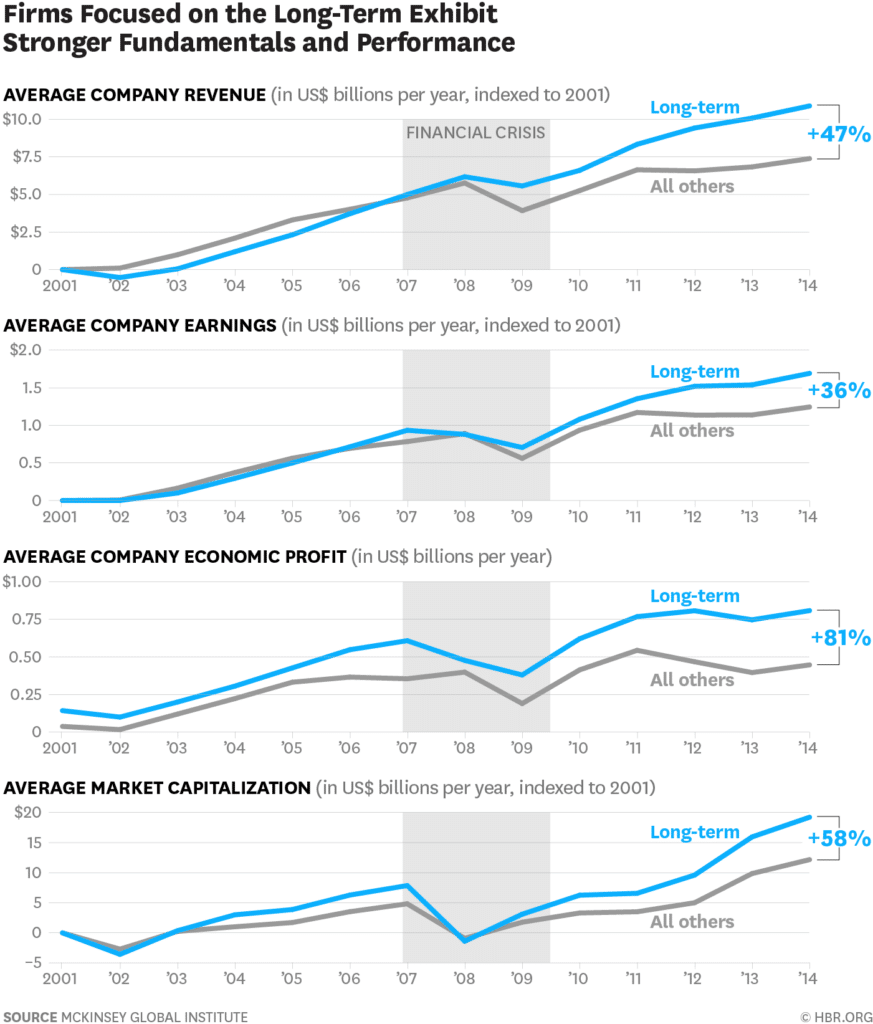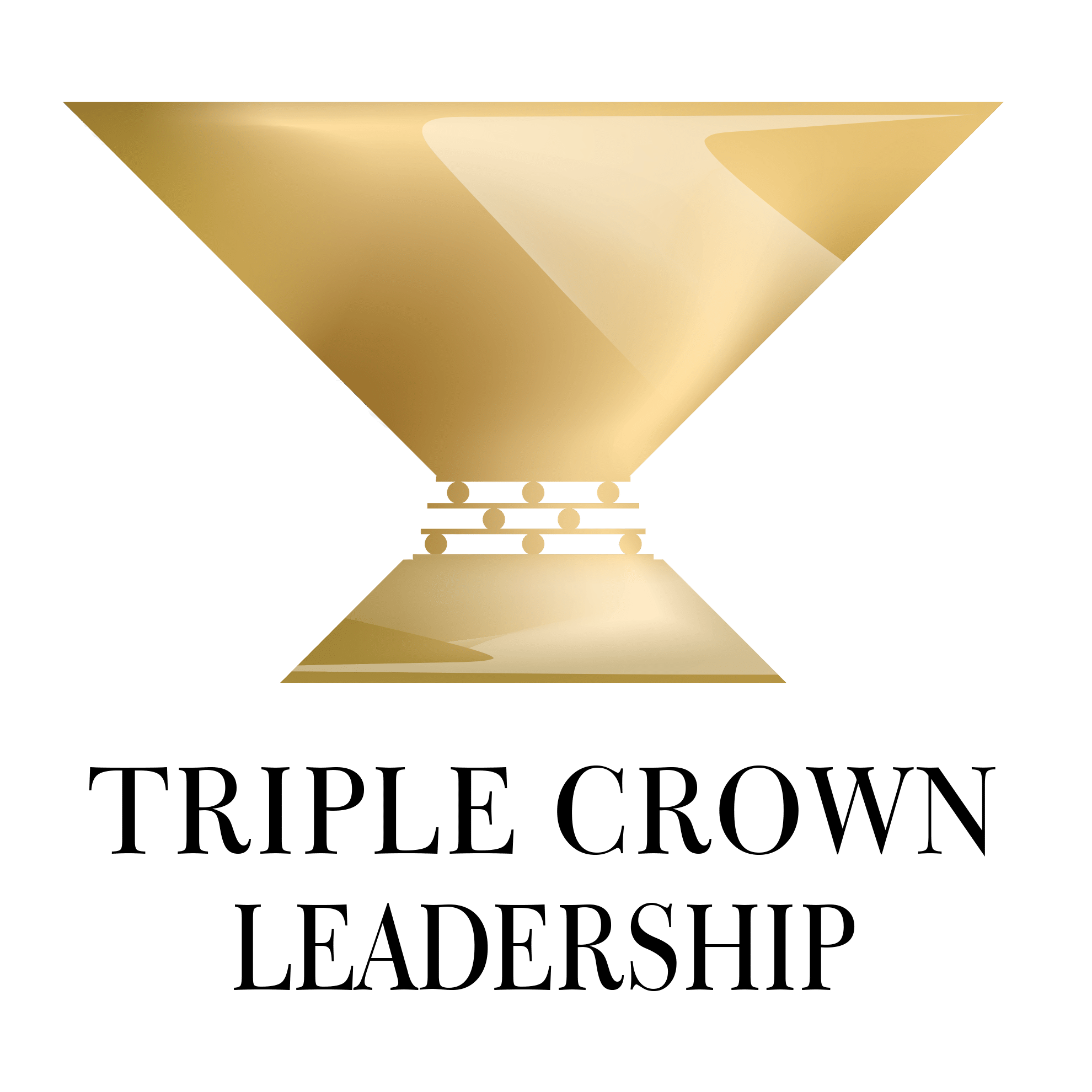It’s one thing for an organization to achieve outstanding results. It’s another thing to do so ethically. And it’s another thing altogether to get outstanding results ethically and to sustain it over time. Leadership for the long haul.
“Enduring” is the third imperative of what we call “triple crown leadership” (excellent, ethical, and enduring). By “enduring,” we mean standing the test of time and operating sustainably.
Some organizations accomplish impressive feats by pulling out all the stops, sacrificing the long term for the short term. They cut corners for temporary advantage.
Big mistake. Eventually, they face a rude awakening. They realize they can’t sustain such manufactured gains because they borrowed from a future quarter or from resources needed elsewhere.
One of the great scourges of our time is “short-termism.” A staggering 78% of the managers surveyed in a large-scale study of CFOs and CEOs admit to sacrificing long-term value to achieve smoother earnings.
Short-Term Pressures
According to a McKinsey Global Institute paper:
- 87% of executives and directors feel most pressured to demonstrate strong financial performance within two years or less
- 65% of executives and directors say short-term pressure has increased over the past five years
- 55% of executives and directors at companies without a strong long-term culture say their company would delay a new project to hit quarterly targets even if it sacrificed some value
“All the incentives in any organization always run to the short term….
It’s really important for somebody to keep their eye on the prize.”
-Bill Shore and Debbie Shore, co-founders, Share Our Strength, an antihunger social enterprise
In the face of these intense pressures, triple crown leaders play the long game and ensure that the organization invests in its future. The endurance imperative has two dimensions:
- internal: sustaining people (not burning them out or otherwise abusing them) and maintaining the financial health of the organization
- external: ensuring appropriate and sustainable levels of resource consumption (or even regenerative and restorative practices), while minimizing harm to others
The Long Game: Leadership for the Long Haul
Thankfully, there are examples of organizations that reject the siren call of short-termism. Many of the leaders we interviewed for our book, Triple Crown Leadership, work in organizations with impressive track records dating back centuries: Princeton University (founded 1746), Perkins School for the Blind (1829), Mayo Clinic (1889), and Coleman Corporation (1899). Panasonic founder Konosuke Matsushita had a 500-year plan for his company.
“We asked our employees what we need to do to still be around in 133 years.
The dialogue resulted in a list of the 10 most important things and that was the start of our work with sustainability.”
-Carina Roos, former head of sustainability, Polarbröd (Swedish family-owned bread company)

Leadership Derailers Assessment
Take this assessment to identify what’s inhibiting your leadership effectiveness. It will help you develop self-awareness and identify ways to improve your leadership.
Tilts between Excellent, Ethical, and Enduring
Some people wonder whether triple crown leadership requires giving equal priority to the “excellent,” “ethical,” and “enduring” dimensions. Our answer is no. There is no magic allocation formula.
Sometimes “tilts” toward one dimension are required. For example, sometimes short-term considerations must take precedence to save the organization (e.g., in a crisis). Other times, the reverse is needed: leaders must be willing to make long-term investments, lowering current profits, to set the enterprise up for future success.
There is, however, one hard and fast rule: triple crown leaders do not compromise on the ethical imperative. They avoid the slippery slope. Ethical letdowns set a bad precedent, communicate a troublesome message, undermine credibility, and will likely come back to haunt them many times over. Leaders must draw the line. Better to fail with honor than succeed with disgrace.
Sustainability and Triple Crown Leadership

The United Nations defines sustainability as “meeting the needs of the present without compromising the ability of future generations to meet their own needs.” How does sustainability fit with triple crown leadership?
When done well, and not used cynically for P.R. points, sustainability supports all three legs of the triple crown quest: they can be drivers of excellent results, a grounding force in ethics, and a stabilizing force that helps organizations endure. Sustainability has an ethical foundation: irresponsible use of resources and environmental harm are unethical, as is exploiting people.
The Business Case for Sustainability

Nowadays, it’s common to hear that organizations can “do well by doing good.” If only it were that simple. It depends on how they go about it.
The job of triple crown leaders is to figure out how to do well by doing good.
The business case for sustainable practices includes potential for many significant benefits for organizations, including:
- cost reduction
- risk mitigation
- reputation enhancement
- operational efficiency
- customer loyalty
- increased sales
- pricing premiums
- revenue diversification
- innovation benefits
- competitive advantage
- talent attraction, motivation, and retention
“We see that sustainability drives growth, cuts costs, reduces risk, and helps us serve a multitude of stakeholders.”
-Paul Polman, former CEO, Unilever
According to a Nielsen study, “55% of global respondents are willing to pay extra for products and services from companies that are committed to positive social and environmental impact” (up significantly from previous years).
“It’s all about seeing the opportunities where doing the right thing overlaps with doing the profitable thing.”
-Rebecca Henderson, researcher, professor, and author, Reimagining Capitalism in a World on Fire

Personal Values Exercise
Complete this exercise to identify your personal values. It will help you develop self-awareness, including clarity about what’s most important to you in life and work, and serve as a safe harbor for you to return to when things are tough.
Long-Term-Oriented Firms Perform Better
Does the business case show up in the data? Yes. According to Rand Stagen of Stagen Leadership Academy and Conscious Capitalism, Inc.:
“In 2017, McKinsey released findings from a 15-year study of 615 large- and mid-cap publicly listed companies in the U.S. Through the application of their Corporate Horizon Index, which measured patterns of investment, growth, earnings quality, and earnings management, the researchers were able to differentiate between companies that operated with a long-term orientation and those that operated with a short-term orientation. The long-term companies outperformed the short-term ones across the board. During the period from 2001–2015, long-term-oriented firms delivered cumulative revenue 47% higher, cumulative earnings 36% higher, and combined market capitalization of $7 billion more than short-termist firms.”


Triple Crown Leadership Newsletter
Join our community. Sign up now and get our monthly inspirations (new articles, announcements, opportunities, resources, and more). Welcome!
Tools for You
- Leadership Derailers Assessment to help you identify what’s inhibiting your leadership effectiveness
- Personal Values Exercise to help you determine and clarify what’s most important to you
- Alignment Scorecard to help you assess your organization’s level of alignment
More Articles from Our Series on Triple Crown Leadership: Excellent, Ethical, and Enduring
- What’s Your Leadership Quest?
- Leadership and the Excellence Imperative
- Leadership and the Ethics Imperative
- The Triple Crown of Leadership
Postscript: Quotes on Endurance and Sustainability in Leadership
- “Organizations endure, however, in proportion to the breadth of the morality by which they are governed. Thus the endurance of organization depends upon the quality of leadership; and that quality derives from the breadth of the morality upon which it rests.” -Chester Irving Barnard, business executive and management theorist
- “If you study the root causes of business disasters, over and over you’ll find (a) predisposition toward endeavors that offer immediate gratification.” -Clayton Christensen, professor, researcher, and author
- “The common thread running through all the causes of our economic tumult is a pervasive and persistent insistence on favoring the short term over the long term, impulse over patience.” – Sheila Bair, former Federal Deposit Insurance Corporation chair
- “You might get high performance for a while even if there is no integrity, but for consistent high performance, integrity is absolutely important.” -Girish Vaidya, former senior vice president, Infosys Leadership Institute
- “Those who built the great companies in our research distinguished between share value and share price, between shareholders and shareflippers, and recognized that their responsibility lay in building shareholder value, not in maximizing shareflipper price.” -Jim Collins, How the Mighty Fall
- “You make the right decision for the long run. You manage for the long run, and you continue to move to higher value. That’s what I think my job is.” -Ginni Rometty, Chair and CEO, IBM
- “Making an enduring company is far harder and far more important than making a great product.” -Steve Jobs, co-founder and former CEO, Apple
- “To be an enduring, great company, you have to build a mechanism for preventing or solving problems that will long outlast any one individual leader.” -Howard Schultz, Pour Your Heart into It: How Starbucks Built a Company One Cup at a Time
- “For far-sighted companies, the environment may turn out to be the biggest opportunity for enterprise and invention the industrial world has ever seen.” –The Economist
- “If this was not financially viable, a company such as ours would not be doing it.” -Matt Kistler, former senior vice president of sustainability, Walmart
- “In the knowledge economy, sustainability must extend to the human as well as the environmental level. Many people have seen their ability to balance work with the rest of their lives deteriorate steadily as they fall victim to the stresses of the long-hours culture. An executive life, some worry, is becoming unsustainable in social terms.” -Kenneth Goodpaster, professor and business ethics scholar
- “The future whispers while the present shouts.” -Al Gore, former U.S. vice president and senator and environmental activist
- “The Precautionary Principle is the idea that action should be taken to prevent harm to the environment and human health, even if scientific evidence is inconclusive.” -Patrice Sutton, Research Scientist, University of California San Francisco

Triple Crown Leadership Newsletter
Join our community. Sign up now and get our monthly inspirations (new articles, announcements, opportunities, resources, and more). Welcome!
+++++++++++++++++++++++
Gregg Vanourek and Bob Vanourek are leadership practitioners, teachers, and award-winning authors (and son and father). They are co-authors of Triple Crown Leadership: Building Excellent, Ethical, and Enduring Organizations, a winner of the International Book Awards. Check out their Leadership Derailers Assessment or get their monthly newsletter. If you found value in this, please forward it to a friend. Every little bit helps!


